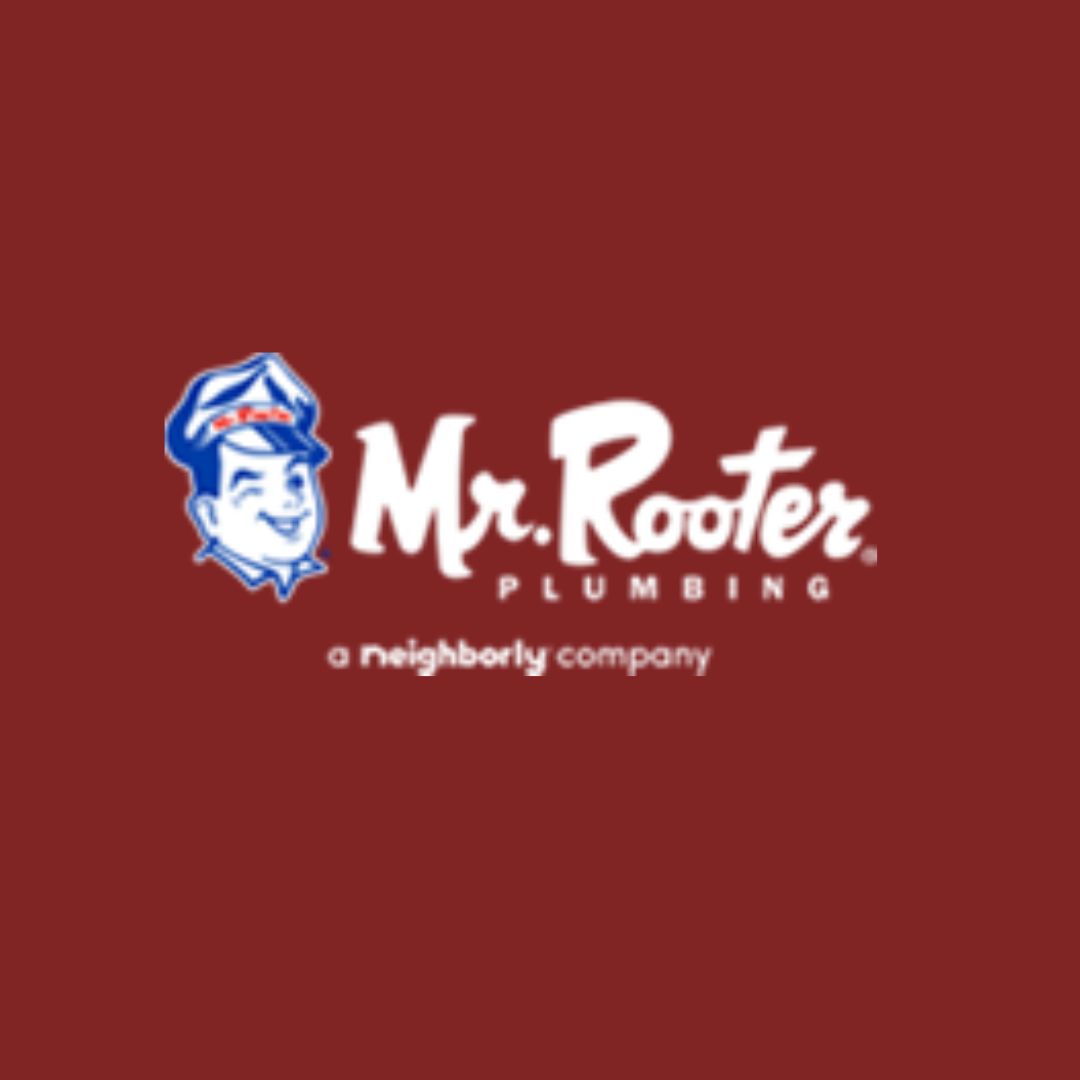Our homes rely on a complex network of pipes and fixtures to deliver clean water and remove waste. While plumbing works seamlessly in the background most of the time, neglecting it can lead to inconvenient and costly problems. The good news is that many common plumbing issues are preventable with a little proactive maintenance.
This guide equips you with the knowledge and habits to keep your plumbing system running smoothly. We'll explore:
- The importance of preventive maintenance
- Common plumbing problems and how to avoid them
- Tips for maintaining specific fixtures
- When to call a professional plumber
Why Preventative Maintenance Matters
Think of your plumbing system like your car. Regular maintenance catches minor issues before they snowball into major breakdowns. A professional Plumber in Bellmead can identify potential problems with worn pipes, loose connections, or clogs before they cause leaks or water damage.
Here are some benefits of preventative maintenance:
- Saves money: Addressing small problems early on is significantly cheaper than repairing extensive damage caused by a major leak.
- Reduces inconvenience: A burst pipe or clogged drain can disrupt your daily routine. Preventative maintenance minimizes the likelihood of these emergencies.
- Extends the lifespan of your plumbing system: With proper care, your plumbing system can last for decades.

Common Plumbing Problems and Prevention Strategies
Now, let's delve into specific plumbing problems and how to prevent them:
1. Clogged Drains:
- Causes: Grease, hair, food scraps, and other debris can accumulate in pipes, causing slow drainage or complete backups.
- Prevention:
- Install drain screens or traps in sinks and tubs to catch hair and debris.
- Avoid pouring grease or oil down the drain. Let it solidify and scrape it into the trash.
- Don't treat your sink or toilet as a garbage disposal. Scrape food scraps into the bin before washing dishes.
- Regularly pour boiling water down the drain to loosen any buildup.
2. Leaky Faucets:
- Causes: Worn washers, gaskets, or valve seats can cause drips or leaks.
- Prevention:
- Regularly inspect faucets for leaks and drips. Tighten loose handles.
- Consider replacing washers or cartridges if leaks persist. For complex repairs, consult a plumber.
- Don't over-tighten faucets, as this can damage them.
3. Running Toilets:
- Causes: A faulty flapper valve, worn fill valve, or mineral buildup can cause a toilet to run continuously.
- Prevention:
- Listen for any continuous running sounds from your toilet.
- If your toilet runs constantly, check the flapper valve for wear and tear.
- Address any mineral buildup with a vinegar solution or a commercial product.
- For more complex repairs, call a plumber.
4. Low Water Pressure:
- Causes: Clogged pipes, faulty pressure regulator, or issues with the city's main water line can cause low water pressure.
- Prevention:
- Regularly clean faucet aerators to remove mineral buildup.
- Schedule professional inspections to identify any issues with the main water line or pressure regulator.
5. Water Heater Issues:
- Causes: Sediment buildup, worn heating elements, or a failing thermostat can lead to water heater problems.
- Prevention:
- Drain your water heater annually to remove sediment buildup.
- Consider having your water heater professionally inspected every 3-5 years.
- If your water heater is over 10 years old, plan for a replacement to avoid potential leaks or malfunctions.
Maintaining Specific Plumbing Fixtures
Here are some additional tips for maintaining specific fixtures:
- Garbage disposal: Grind food scraps in small batches with plenty of cold water running. Avoid putting grease, coffee grounds, or eggshells down the disposal.
- Showerheads: Clean showerheads regularly with vinegar to prevent mineral buildup that can reduce water flow.
- Washing machine hoses: Inspect washing machine hoses every few years for cracks or bulges. Replace them when necessary to prevent flooding.
When to Call a Professional Plumber
While some plumbing tasks are DIY-friendly, there are situations where it's best to call a professional:
- Major leaks: A significant leak can cause extensive water damage. Shut off the water supply and call a plumber immediately.
- Burst pipes: This plumbing emergency requires immediate attention to minimize water damage.
- Clogged drains that don't respond to your efforts: If you've tried plunging and home remedies but the clog persists, call a plumber for professional drain snaking.
- Complex repairs: If you're unsure about the cause of a plumbing problem or the repair requires special tools or expertise, consult a licensed plumber.


No comments yet